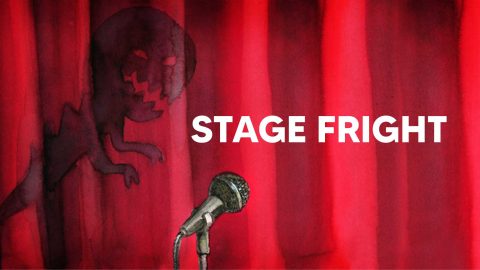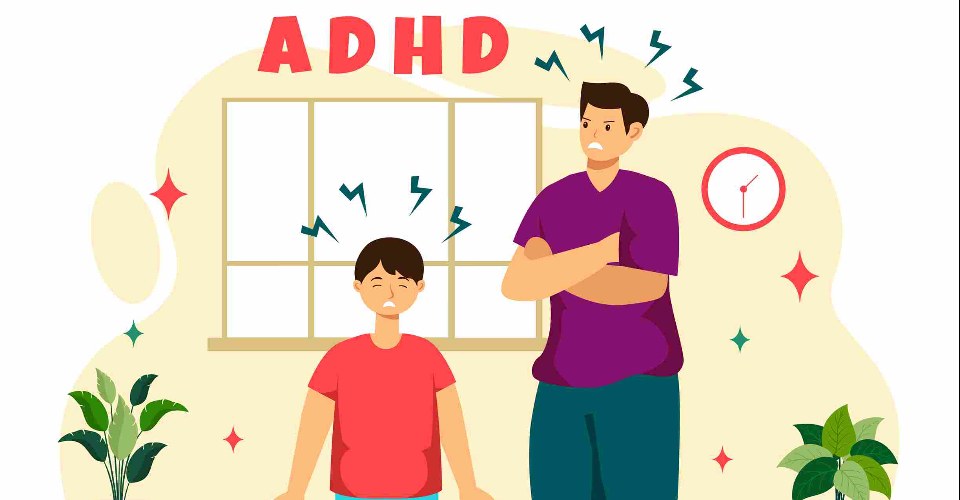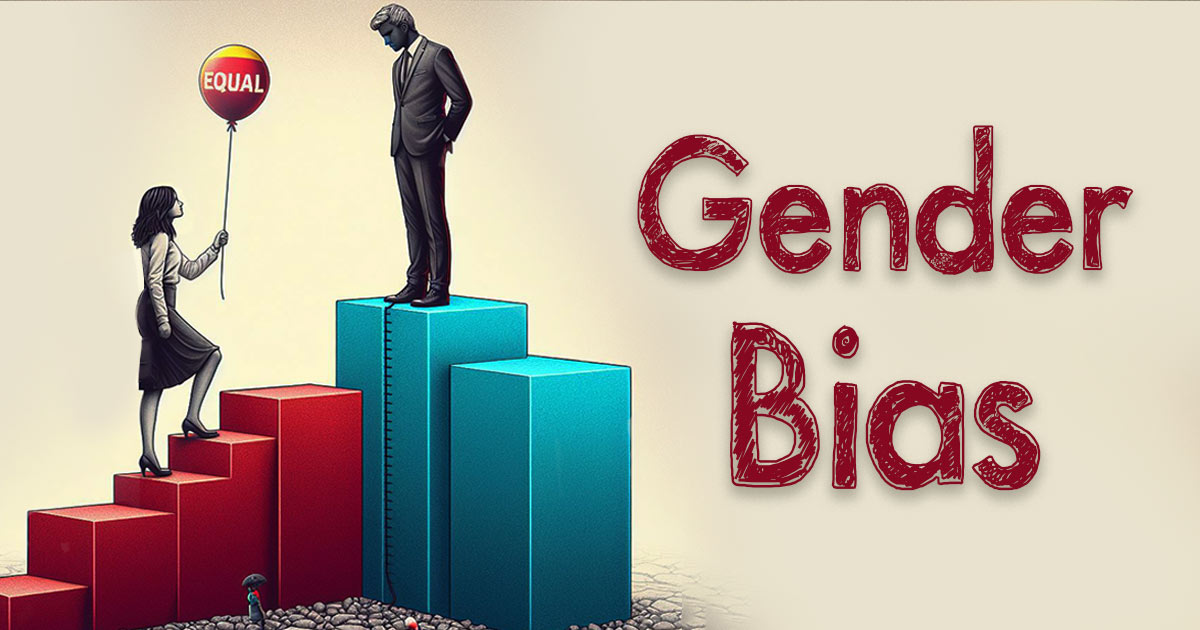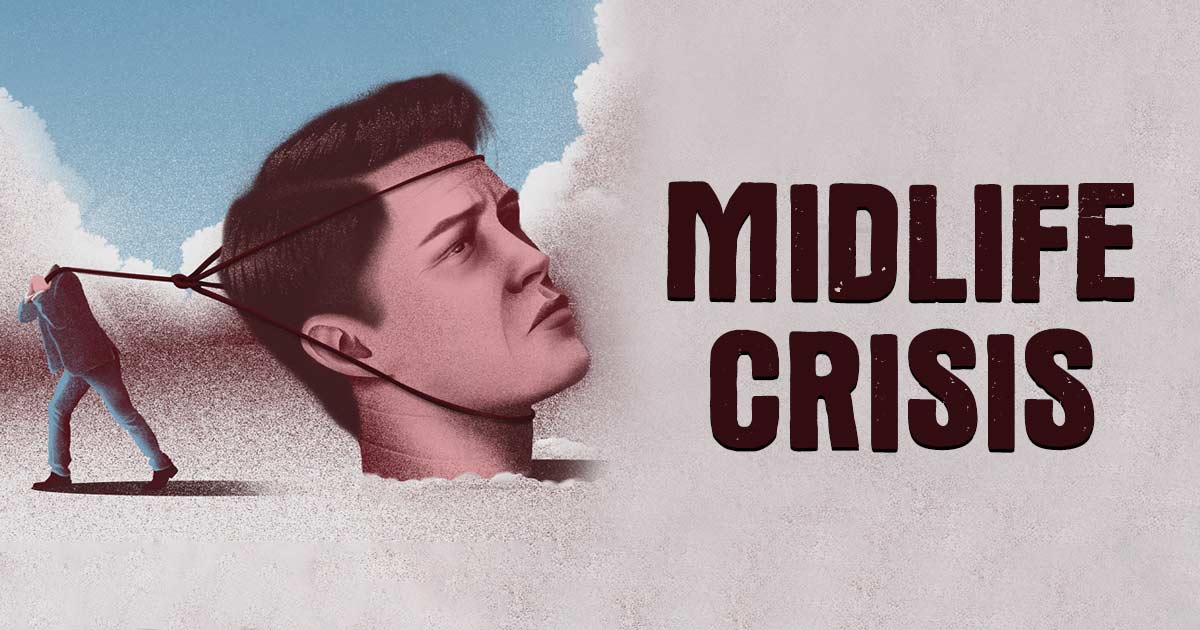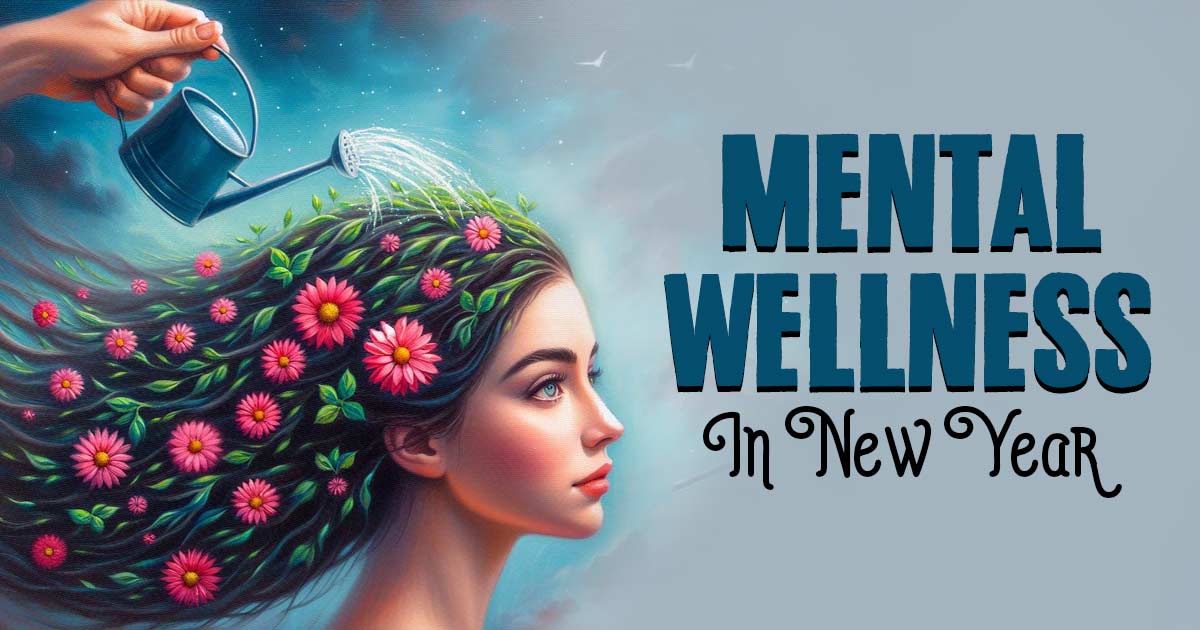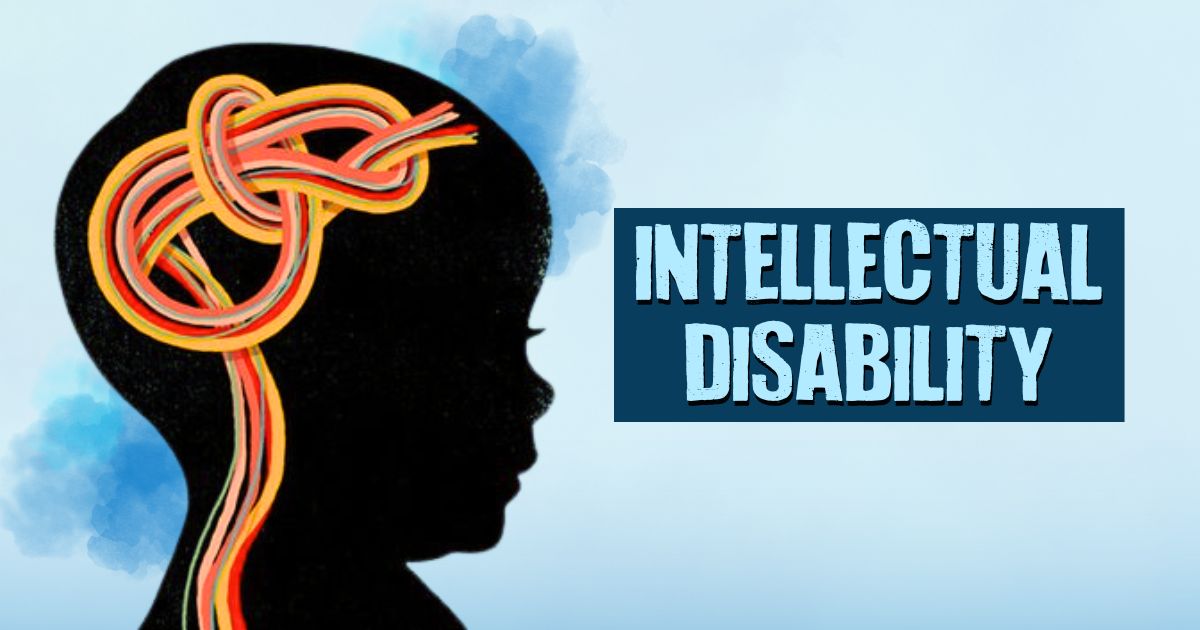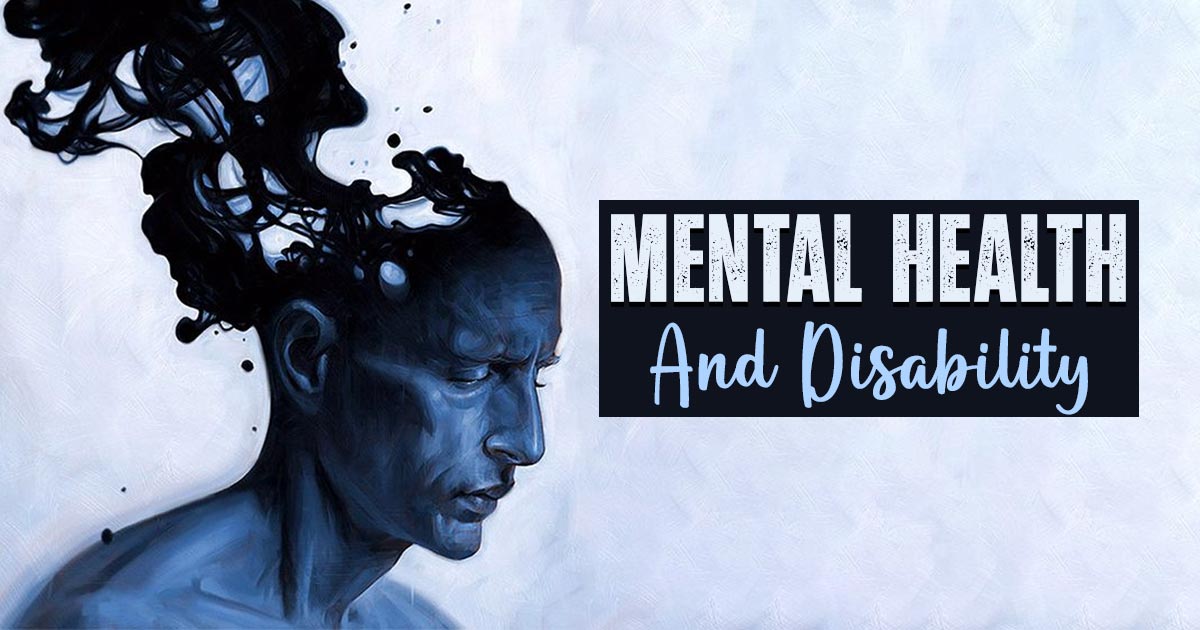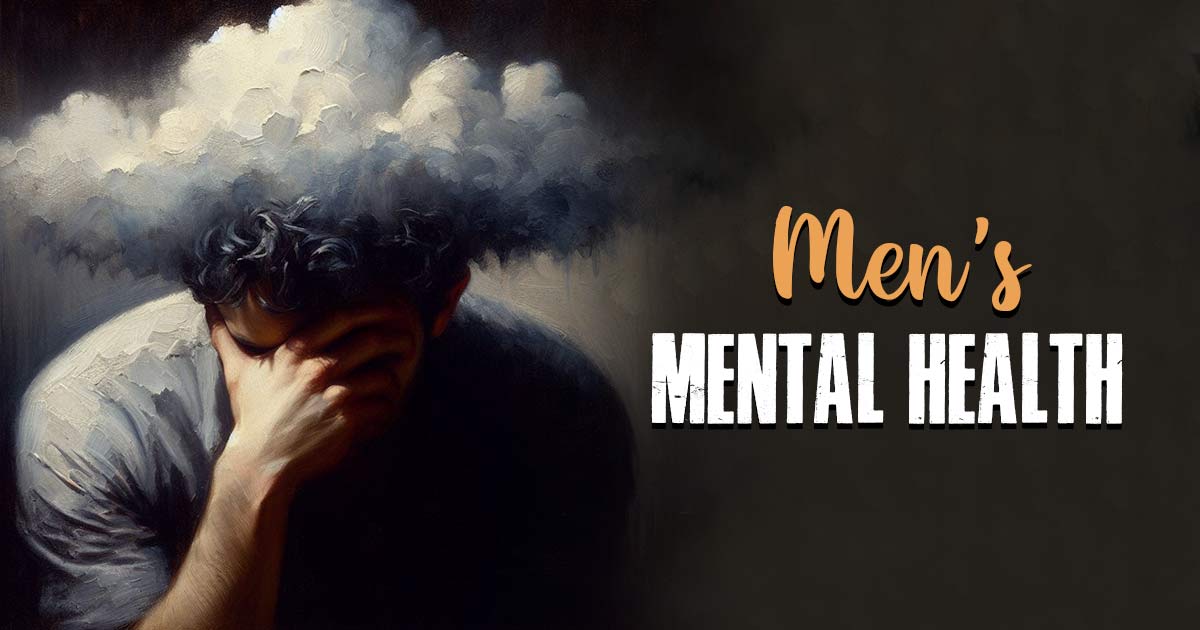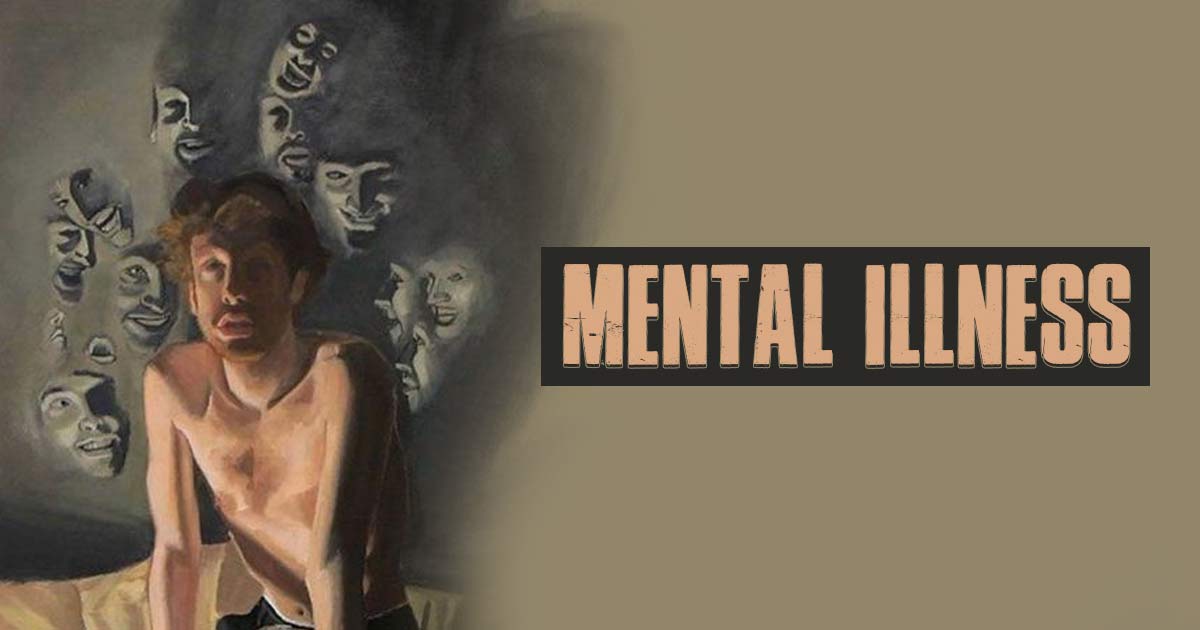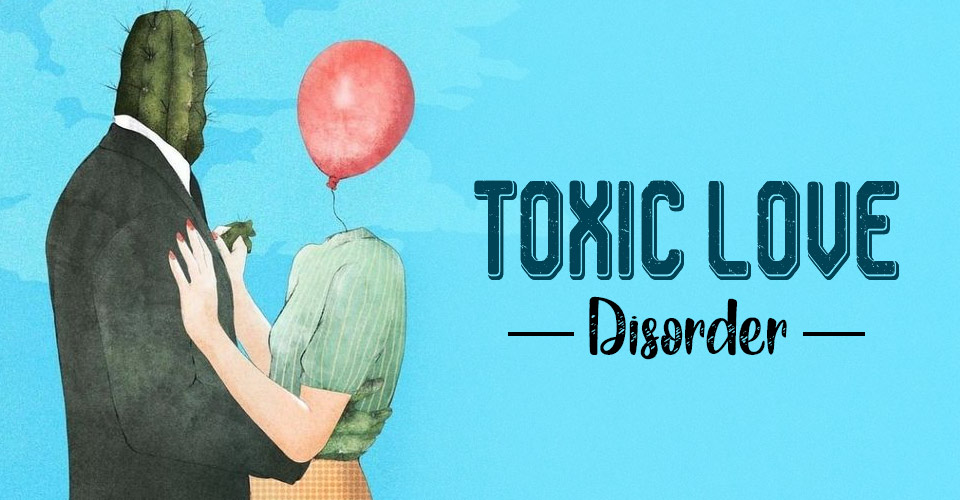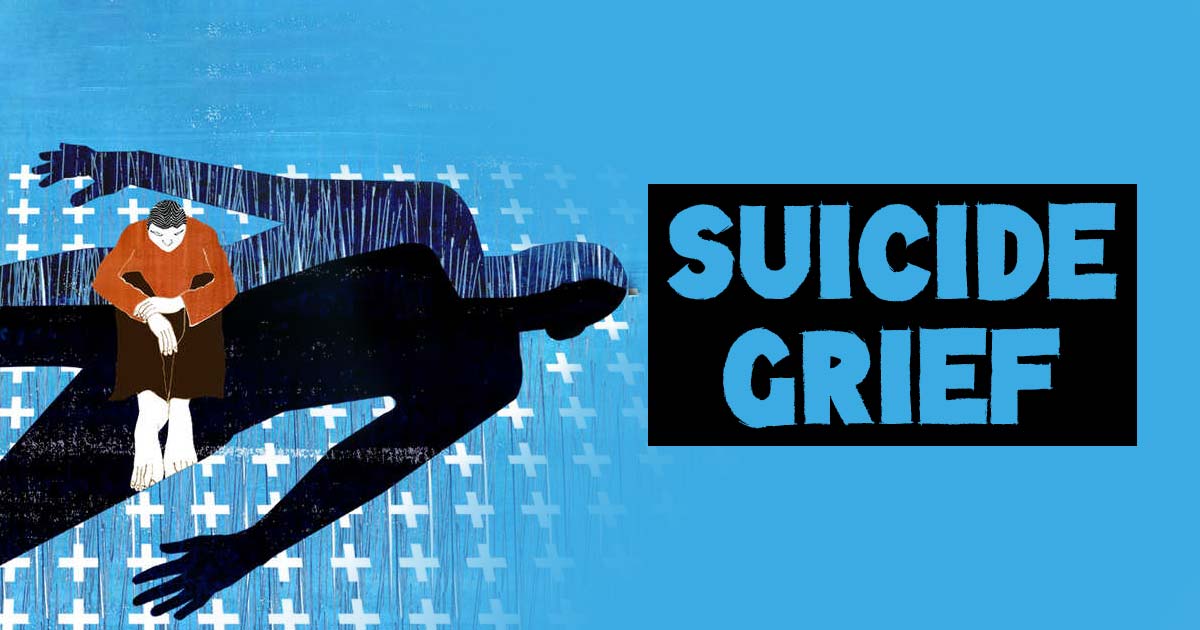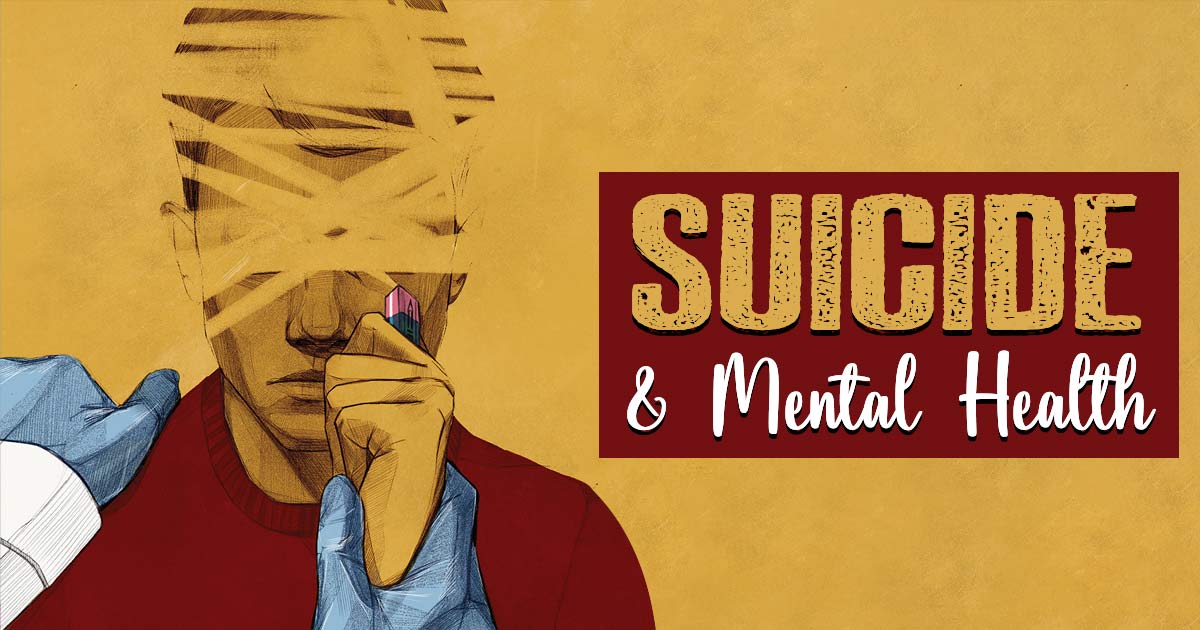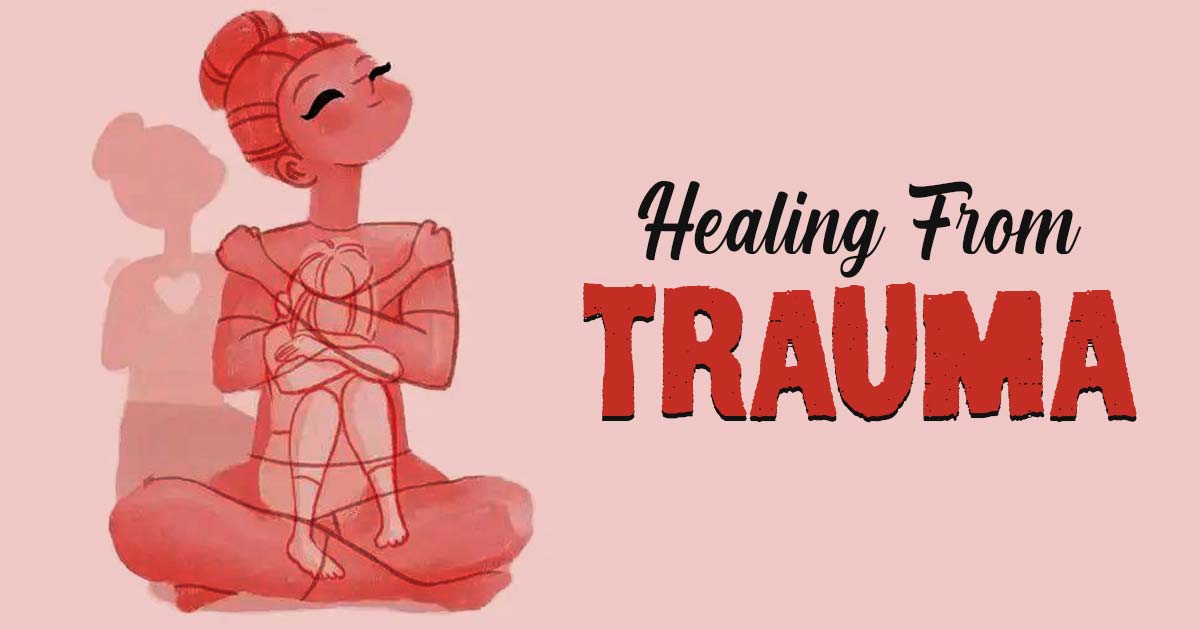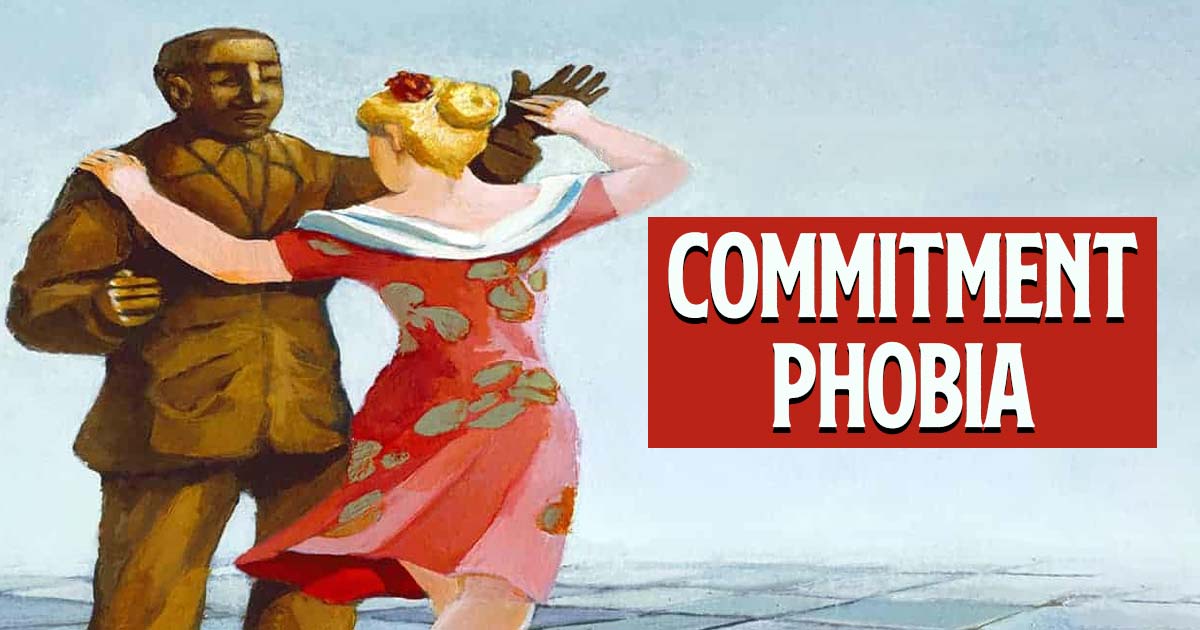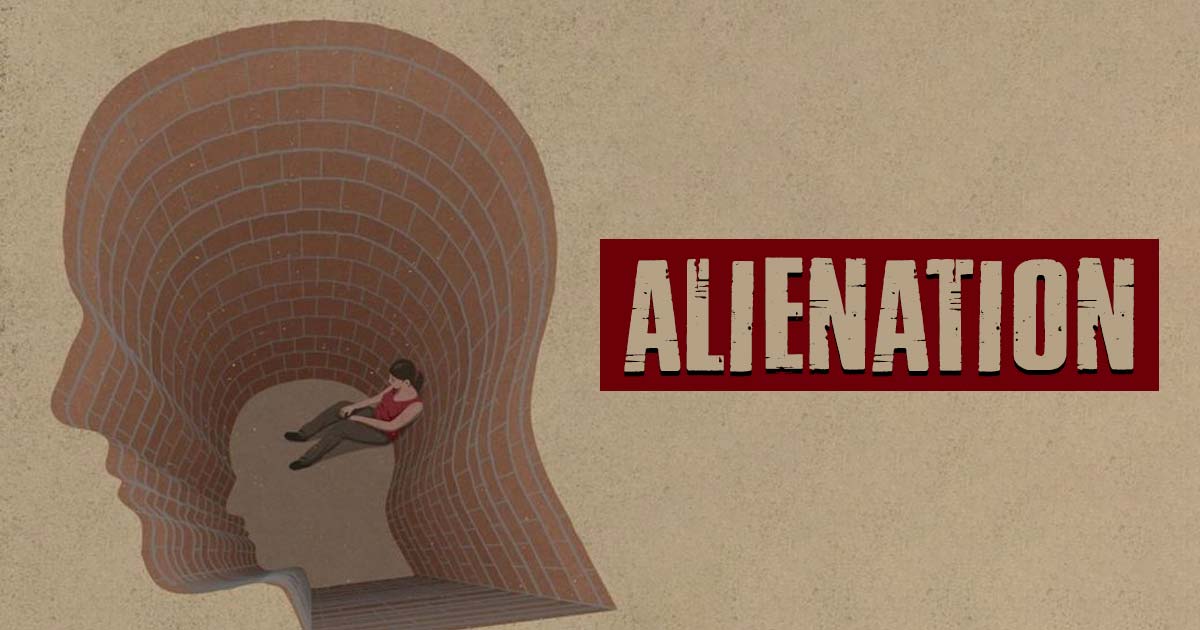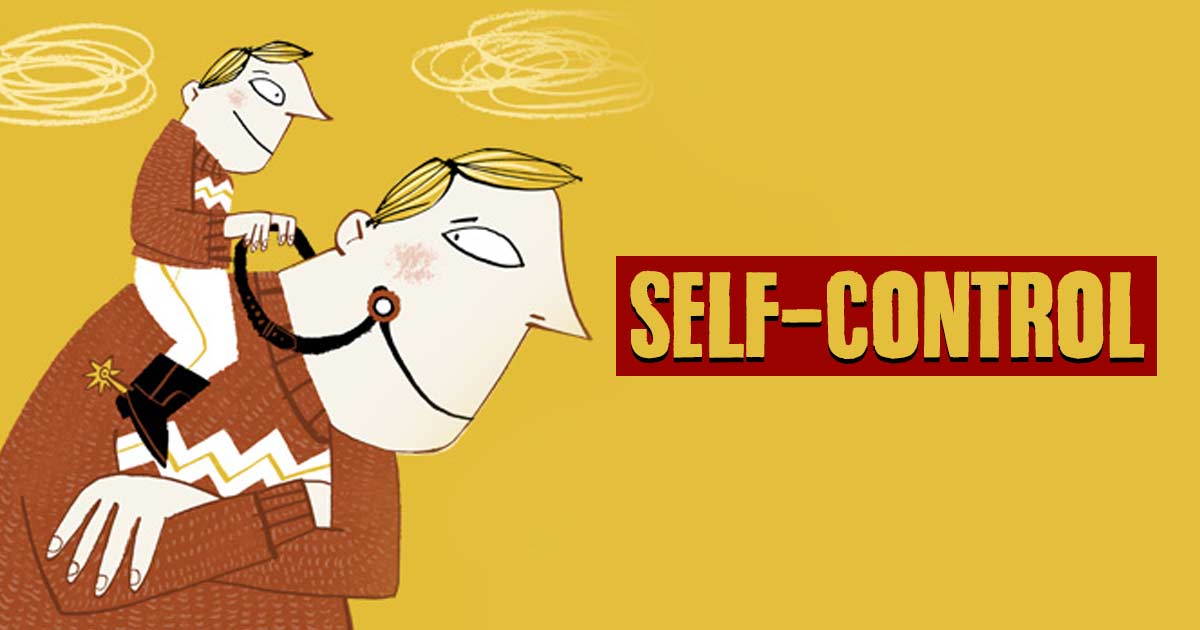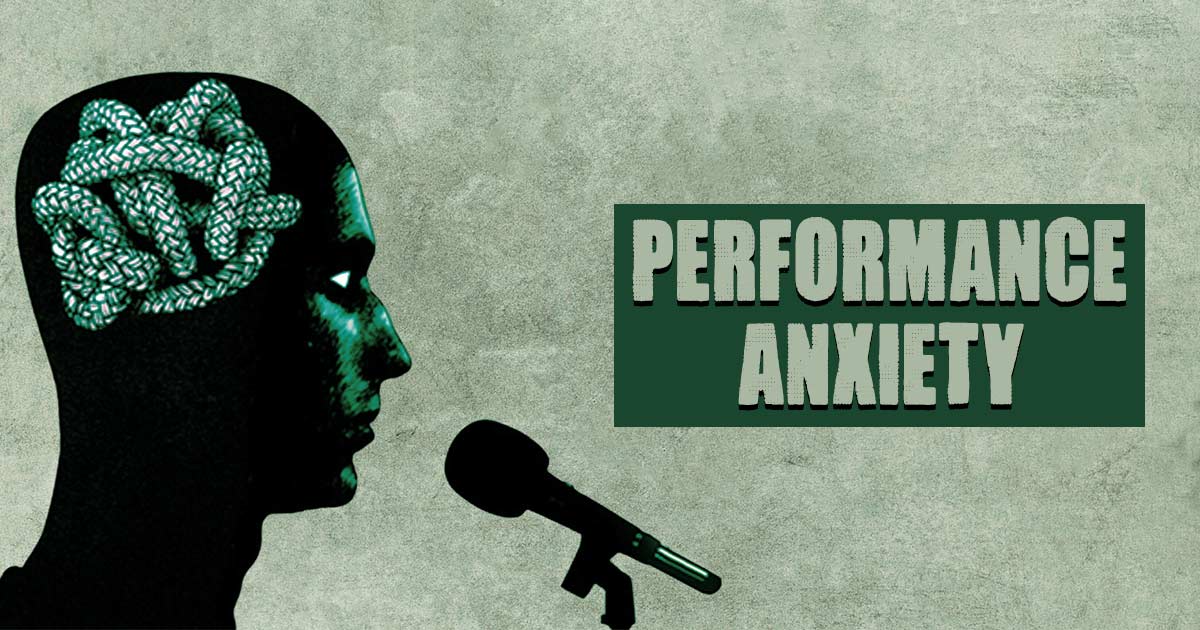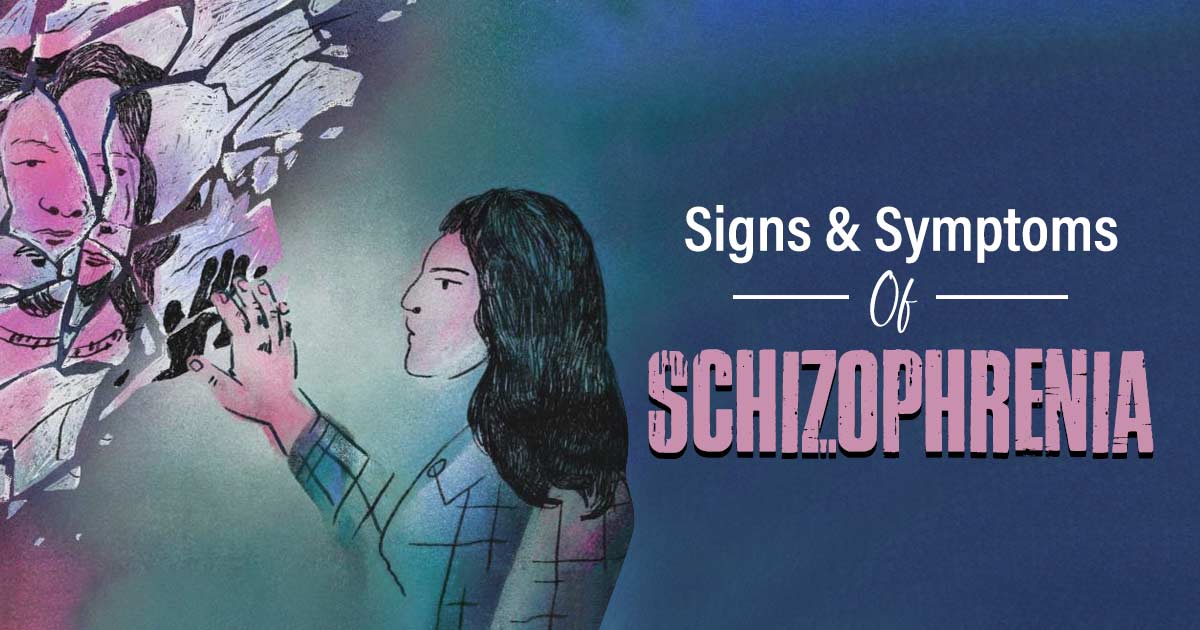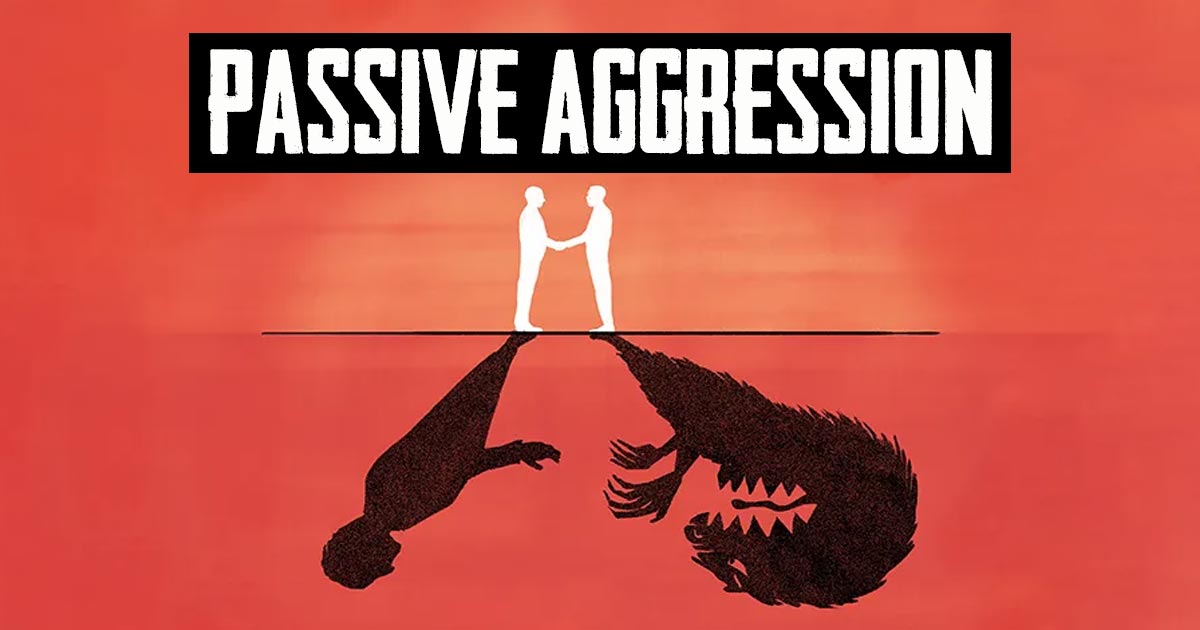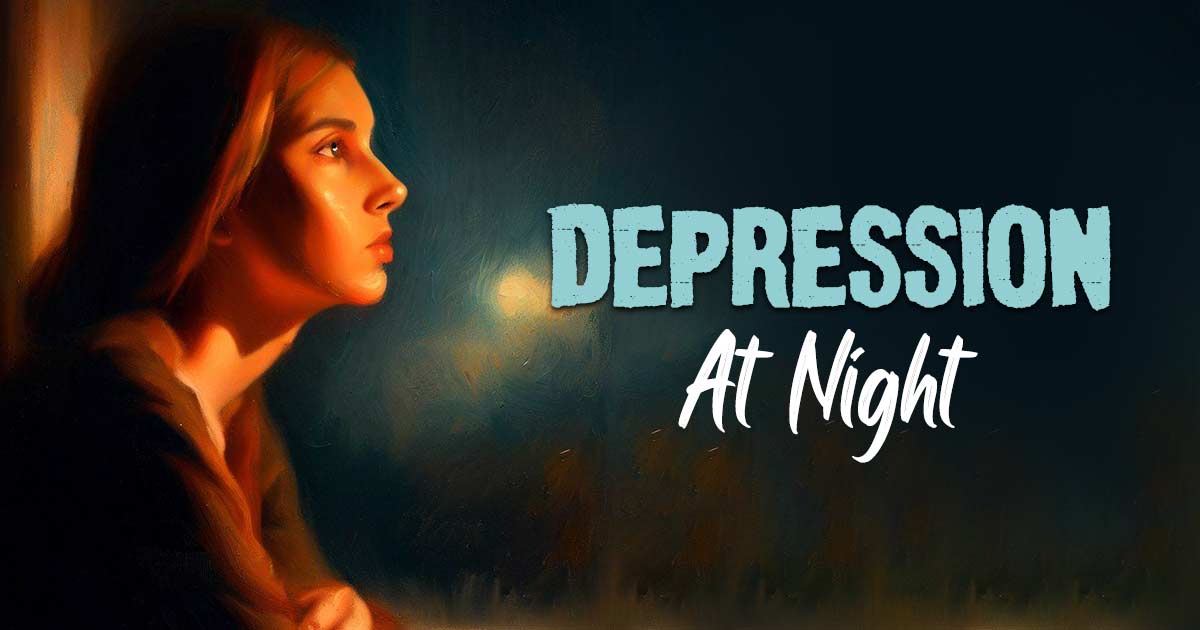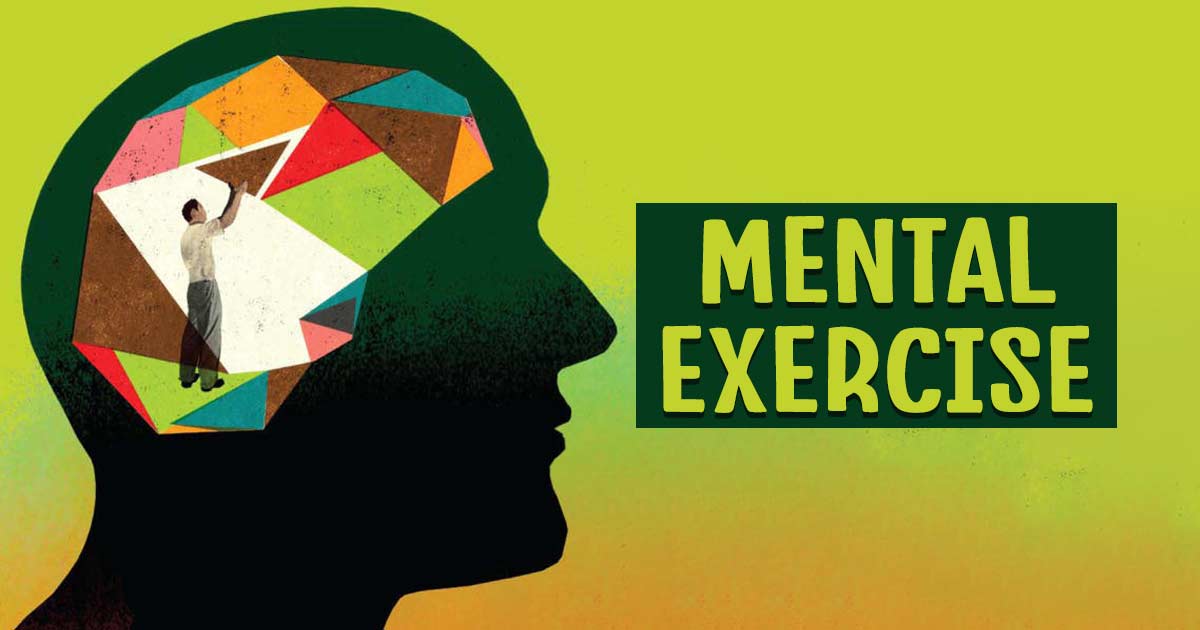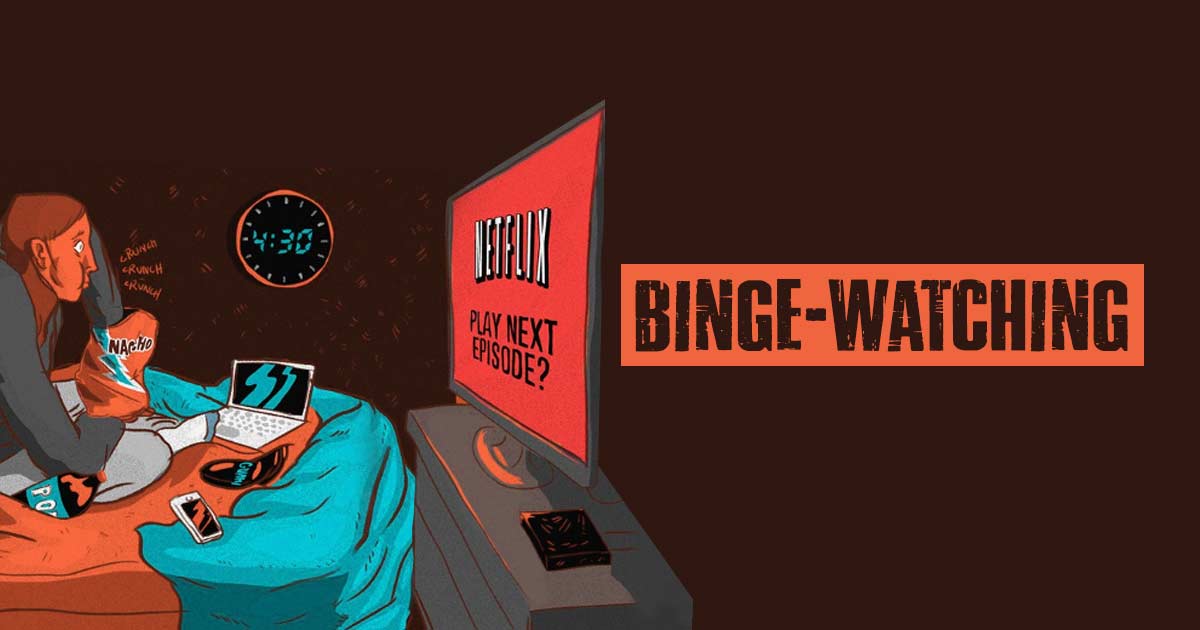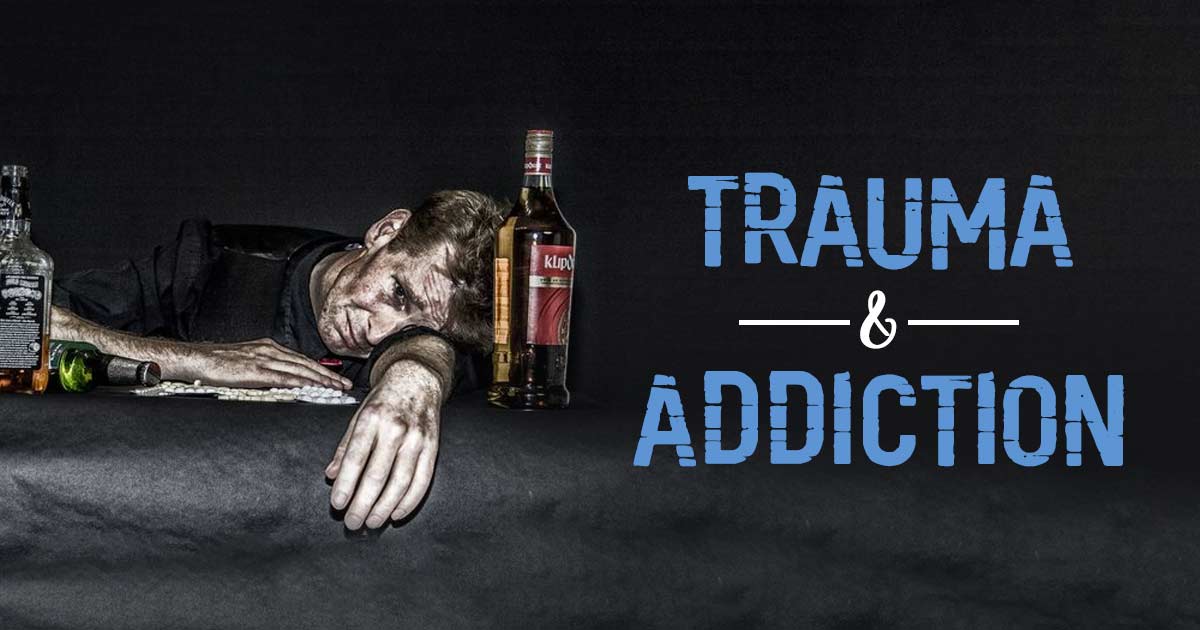Stage Fright is a condition characterized by fear or anxiety of performing in front of a large audience. Excessive fear triggers the anxiety associated with this condition.
What Is Stage Fright?
Stage Fright, also known as performance anxiety, is a condition characterized by a persistent fear and anxiety of performing in front of a crowd. It can be categorized as a subset of glossophobia, a type of social phobia, which is a fear of public speaking. Most people experience this and it is quite common among athletes, musicians, actors, and public speakers. However, people from all backgrounds can experience the symptoms of this condition. It can also occur in school situations where the student has to speak in front of fellow students and teachers.
“Stage fright is an overdetermined symptom of all persons who must perform before an audience,” explains a study 1 Gabbard GO. Further contributions to the understanding of stage fright: narcissistic issues. J Am Psychoanal Assoc. 1983;31(2):423-41. doi: 10.1177/000306518303100203. PMID: 6681424. . The person may experience intense anxiety and fear due to their own intrusive and distorted thoughts. This condition can prevent an individual from enjoying their performance and it may interfere with their career.
It can significantly affect a person’s self-confidence and self-esteem. People with chronic stage fright can also have social anxiety or social phobia wherein they may experience extreme anxiety in social situations. This fright may arise suddenly or gradually and the symptoms can vary according to the situation.
Read More About Generalized Anxiety Disorder Treatment Here.
Understanding Stage Fright
Some people feel compelled to perform despite having stage fright. In case you suffer from this condition, you may have several questions as to why you put yourself through such distress again and again. This can be because most performers cannot imagine their life without performing. They believe that they were born to perform. Their love for their work is powerful enough to overcome their anxiety to perform in front of a large audience. They view this anxiety as a part of their obstacle in the pursuit of their dream.
People with this condition experience symptoms like phobias. It usually occurs right before the performance and tends to dial down during the performance. This phobia generally begins weeks or months before the performance. It can manifest as a low level of generalized anxiety.
In case someone has this condition, they may be hyper-alert and full of energy initially. As the performance date gets closer, the symptoms start to worsen. Ultimately, they may experience phobia-like symptoms such as vomiting, heart palpitations, irritability, mood swings, and tremors a few hours before the performance
The exact cause of Stage Fright is still unknown. One of the major causes may be related to the stress and anxiety from performing in front of a large crowd. A 1979 study 2 Gabbard GO. Stage fright. Int J Psychoanal. 1979;60(Pt 3):383-92. PMID: 533739. pointed out that a major portion of the stage fright reaction is the reactivation of the crisis of separation-individuation. This generates separation anxiety connected to the fear that asserting oneself as a separate individual will result in withdrawal of love and admiration by maternal figures i.e the audience.
It was also suggested that this fear can arise out of unpleasant childhood experiences. A 1992 study 3 Fredrikson M, Gunnarsson R. Psychobiology of stage fright: the effect of public performance on neuroendocrine, cardiovascular and subjective reactions. Biol Psychol. 1992 May;33(1):51-61. doi: 10.1016/0301-0511(92)90005-f. PMID: 1599999. designated musicians as “high anxious” if they reported at least one episode of performance-related tremor and “low anxious” if they had never experienced tremor while performing in public. It is essential to keep in mind that it is a universal human experience that occurs with varying intensity for everyone who performs or presents before an audience.
Symptoms Of Stage Fright
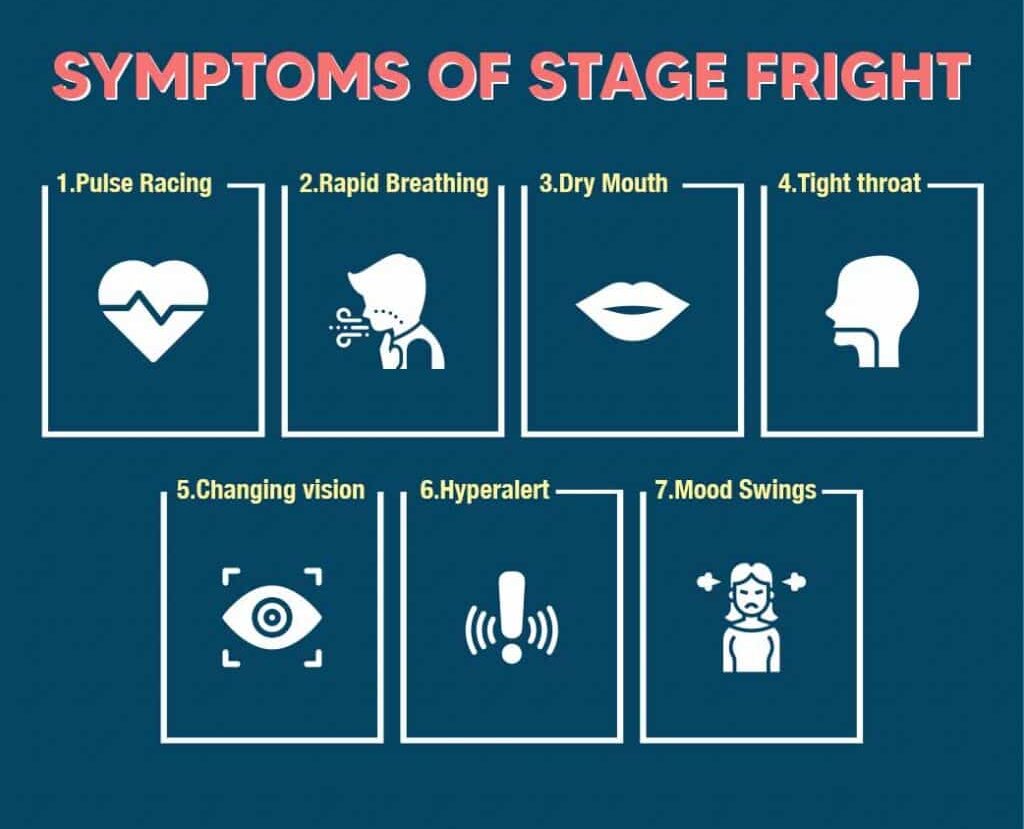
Some of the most common signs and symptoms of this condition include:
- Pulse racing
- Rapid breathing
- Dry mouth
- Tight throat
- Trembling hands, knees, lips and voice
- Sweaty and cold hands
- Nausea
- Feelings of uneasiness in the stomach
- Changing vision
- Hyperalert
- Mood swings
- Tremors
- Irritability
Read More About Mood Disorders Here
Causes Of Stage Fright
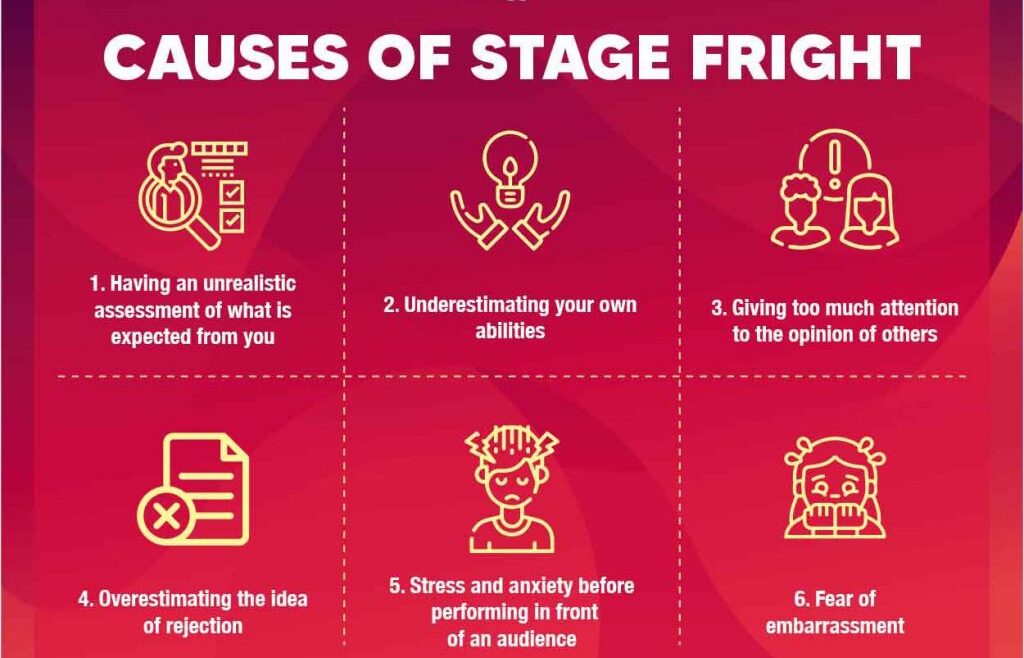
Stage fright can be caused due to the following:
- Having an unrealistic assessment of what is expected from you
- Underestimating your own abilities
- Giving too much attention to the opinion of others
- Overestimating the idea of rejection
- Stress and anxiety before performing in front of an audience
- Fear of embarrassment
- Size of the audience
Treatment For Stage Fright
According to the Diagnostic and Statistical Manual of Mental Disorders, there is no official diagnosis for this condition. In case an individual suffers from consistent stage fright, it may be beneficial to seek professional help. It is possible to treat this condition with medication and therapy. Some of the treatment methods that are used for people suffering from this condition are:
1. Cognitive Behavioral Therapy (CBT)
Cognitive behavioral therapy (CBT) is usually adopted to treat patients with performance anxiety or stage fright. Most people with this condition tend to fixate on beliefs that they are not “good enough”. They believe that they would disappoint their audience with their average performance and ruin their careers. CBT is used to identify the negative thoughts and patterns that govern our behavior.
These thoughts are then replaced with positive thoughts to attain the desired behavior. The doctor may also recommend coping mechanisms to ease the anxiety associated with this condition. A 2010 study 4 Nagel JJ. Treatment of music performance anxiety via psychological approaches: a review of selected CBT and psychodynamic literature. Med Probl Perform Art. 2010 Dec;25(4):141-8. PMID: 21170476. found that mishaps in performance exposed fear of being inadequate. This evokes feelings of embarrassment and humiliation. In such circumstances subjects found cognitive behavioral therapy to be effective in managing feelings associated with performance anxiety.
Read More About Cognitive Behavioral Therapy Here.
2. Relaxation Techniques
Relaxation techniques may also be used to manage the symptoms of this condition. These techniques are a great way to ease the stress associated with performance anxiety. A 1987 study 5 Lehrer, P. M. (1987). A review of the approaches to the management of tension and stage fright in music performance. Journal of Research in Music Education, 35(3), 143. https://doi.org/10.2307/3344957 found evidence that suggests that these techniques are effective in treating patients with performance anxiety or stage fright. They were found to help with the somatic manifestations of this condition.
Some of the relaxation techniques that are recommended for this condition are:
A. Deep breathing
Breathing is intimately linked with mental functions. Breathing exercises promote comfort, relaxation, pleasantness, vigor, and alertness. It also helps to reduce symptoms of anxiety, depression, anger, and confusion. A 2018 study 6 Zaccaro, A., Piarulli, A., Laurino, M., Garbella, E., Menicucci, D., Neri, B., & Gemignani, A. (2018). How Breath-Control Can Change Your Life: A Systematic Review on Psycho-Physiological Correlates of Slow Breathing. Frontiers in human neuroscience, 12, 353. https://doi.org/10.3389/fnhum.2018.00353 found that deep breathing demonstrated significant improvements related to emotional control and psychological well-being.
B. Massage
Massage is found to reduce anxiety symptoms. It is one of the most popular complementary and alternative medical (CAM) treatments for anxiety. A 2010 study 7 Sherman, K. J., Ludman, E. J., Cook, A. J., Hawkes, R. J., Roy-Byrne, P. P., Bentley, S., Brooks, M. Z., & Cherkin, D. C. (2010). Effectiveness of therapeutic massage for generalized anxiety disorder: a randomized controlled trial. Depression and anxiety, 27(5), 441–450. https://doi.org/10.1002/da.20671 found the effectiveness of therapeutic massage for people with Generalized Anxiety Disorder (GAD).
C. Meditation
Meditation is a body and mind practice that is used to increase calmness and physical relaxation. Meditation has proven to be effective in a wide variety of conditions such as high blood pressure, certain psychological disorders, and pain. A study found that meditation can greatly reduce anxiety symptoms and induce calmness.
D. Tai Chi
Tai Chi is a traditional Chinese exercise that is widely practiced for health benefits. It is found to promote relaxation and reduce clinical somatic symptoms. A 2013 study 8 Abbott, R., & Lavretsky, H. (2013). Tai Chi and Qigong for the treatment and prevention of mental disorders. The Psychiatric clinics of North America, 36(1), 109–119. https://doi.org/10.1016/j.psc.2013.01.011 found that practicing Taic Chi helps in reducing anxiety, depression, blood pressure, and recovery from immune-mediated diseases.
E. Yoga
Yoga is an ancient practice that promotes relaxation and improves one’s health. A 2018 study 9 Shohani, M., Badfar, G., Nasirkandy, M. P., Kaikhavani, S., Rahmati, S., Modmeli, Y., Soleymani, A., & Azami, M. (2018). The Effect of Yoga on Stress, Anxiety, and Depression in Women. International journal of preventive medicine, 9, 21. https://doi.org/10.4103/ijpvm.IJPVM_242_16 suggested that yoga plays a significant role in reducing stress, anxiety, and depression. It can be considered as a complementary medicine that can reduce the medical cost per treatment by reducing the usage of drugs. It is an effective way to treat the symptoms associated with stage fright
F. Biofeedback
Biofeedback is a process of measuring an individual’s physiological states and feeding that information back to them so that they can learn how to change their physiological activity for the purpose of health improvement. A 2020 study 10 Weerdmeester, J., van Rooij, M. M., Engels, R. C., & Granic, I. (2020). An Integrative Model for the Effectiveness of Biofeedback Interventions for Anxiety Regulation: Viewpoint. Journal of medical Internet research, 22(7), e14958. https://doi.org/10.2196/14958 found biofeedback to be efficacious as a treatment for a large variety of physical as well as mental health issues.
G. Music and art therapy
Music interventions are found to be a potential alternative for depression therapy. Several studies 11 Siedliecki SL, Good M. Effect of music on power, pain, depression and disability. J Adv Nurs. 2006 Jun;54(5):553-62. doi: 10.1111/j.1365-2648.2006.03860.x. PMID: 16722953. found significant cognitive and emotional benefits when people with depression or anxiety sang or listened to familiar songs. Another 2018 study 12 Abbing, A., Ponstein, A., van Hooren, S., de Sonneville, L., Swaab, H., & Baars, E. (2018). The effectiveness of art therapy for anxiety in adults: A systematic review of randomised and non-randomised controlled trials. PloS one, 13(12), e0208716. https://doi.org/10.1371/journal.pone.0208716 found the effectiveness of art therapy in treating patients with anxiety. It was found to significantly improve emotional regulation and induce relaxation.
H. Aromatherapy
Aromatherapy is a type of complementary medicine wherein the volatile oils of plants are used to promote the level of physical, spiritual, and psychological health. A 2016 study 13 Barati, F., Nasiri, A., Akbari, N., & Sharifzadeh, G. (2016). The Effect of Aromatherapy on Anxiety in Patients. Nephro-urology monthly, 8(5), e38347. https://doi.org/10.5812/numonthly.38347 found that subjects receiving aromatherapy showed a significant decrease in symptoms of anxiety and depression after a span of 2 weeks.
3. Medications
Medications may also be prescribed in order to ease the symptoms of this condition. Beta-blockers such as propranolol may be prescribed to lower heart rate and block the effects of adrenaline. Propranolol was first developed to treat cardiovascular diseases but soon was used to manage a wide range of other conditions. A 2019 study 14 Srinivasan A. V. (2019). Propranolol: A 50-Year Historical Perspective. Annals of Indian Academy of Neurology, 22(1), 21–26. https://doi.org/10.4103/aian.AIAN_201_18 found that propranolol is very effective in managing symptoms of anxiety and stage fright.
Overcoming Stage Fright
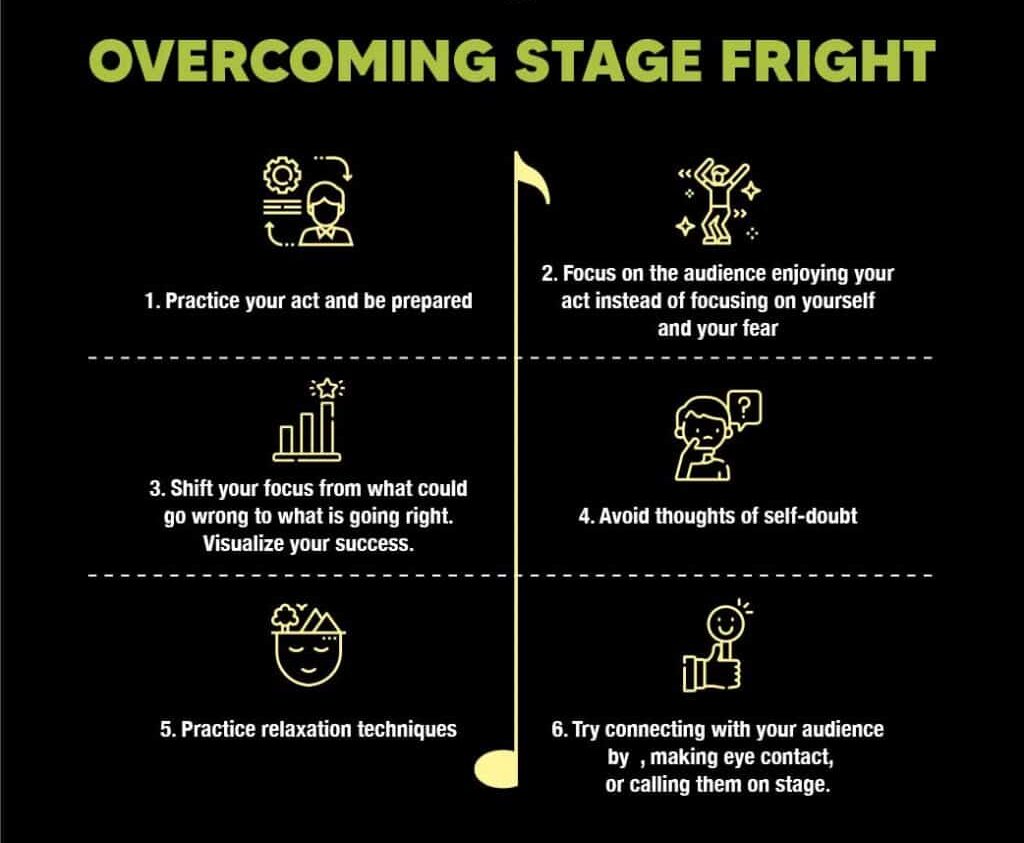
Overcoming this fear and managing the anxiety associated with it can be challenging. Stage fright often tends to accelerate right before the performance and eases as the performance starts. So here are some self-help tips and coping strategies that can help you overcome your fears and keep yourself composed before your performance:
- Practice your act and be prepared
- Limit caffeine and sugar intake on the day of the performance. Eat a healthy meal before the performance so you are energetic and don’t get hungry
- Focus on the audience enjoying your act instead of focusing on yourself and your fear
- Shift your focus from what could go wrong to what is going right. Visualize your success.
- Avoid thoughts of self-doubt
- Practice relaxation techniques 15 Francesco, P., Mauro, M. G., Gianluca, C., & Enrico, M. (2010). The efficacy of relaxation training in treating anxiety. International Journal of Behavioral Consultation and Therapy, 5(3-4), 264-269. https://doi.org/10.1037/h0100887 such as deep breathing, meditation, or mindfulness to help you focus. Redirect your attention to the moment and put complete focus on your performance.
- Ease your anxious feelings before the performance by taking a walk, jumping up and down, shaking your muscles, or anything that feels right at the moment.
- Try connecting with your audience by smiling, making eye contact, or calling them on stage.
- Act naturally
- Exercise 16 Anderson, E., & Shivakumar, G. (2013). Effects of exercise and physical activity on anxiety. Frontiers in psychiatry, 4, 27. https://doi.org/10.3389/fpsyt.2013.00027 and get an adequate amount of sleep 17 Teker, A. G., & Luleci, N. E. (2018). Sleep quality and anxiety level in employees. Northern clinics of Istanbul, 5(1), 31–36. https://doi.org/10.14744/nci.2017.58855 the day before the performance.
Mastering Stage Fright
Mastering the fear of performing in front of a large audience can be challenging. It is important to realize that fear is an emotional aspect and not a rational one. Performance anxiety can be managed through practice and preparation. It is worth mentioning that it can be beneficial for the performer to focus on what is happening in the present moment and avoid any other thoughts. Following the above-mentioned coping strategies can enable the performer to master their stage fright.

